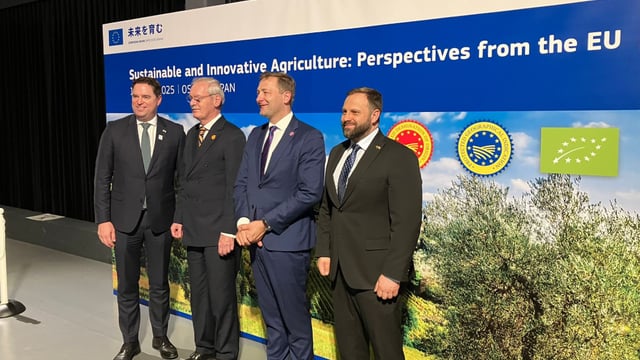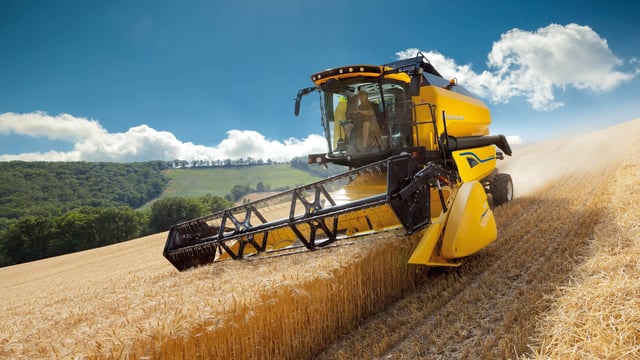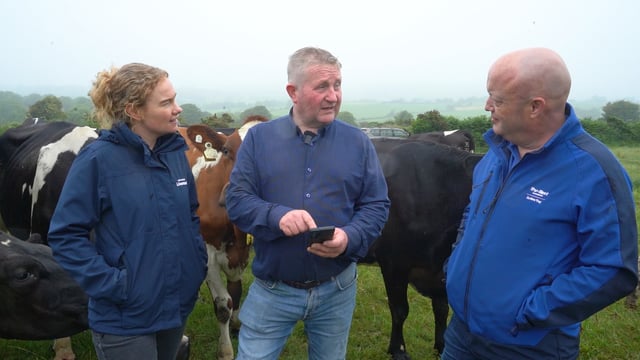Sponsored Article

Sponsored Article
What advice is available for new entrants into dairying?
Sponsored Article

Aurivo has welcomed over 200 new entrants to dairying since quotas were abolished in 2015.
The co-op continues to take on new entrants in the Republic and Northern Ireland, offering support and advice through each step of the process.
The process of becoming a dairy farmer can take approximately two years before the first milk is put in the tank.
The key steps are developing a business plan, financial planning, developing farm infrastructure (building and grazing), and purchasing the best genetics.
Aurivo strongly advises potential new entrants to work on a dairy farm for a number of months to see if this is the business for them before they start the process.
The Aurivo farm services team works with suppliers through each step of establishing the dairy enterprise and when the farm is in production.
The pathway new entrants have taken to enter dairying has changed over the last number of years.
After quotas were removed, the majority of new entrants were people who converted the family farm from beef or sheep to dairying.
The last number of years has seen a growth in farm partnerships, share farm arrangements, or farm leases, with some suppliers taking on second and even third milk production units.
Aurivo continues to work with the Macra Land Mobility service, who provide options for retiring landowners and opportunities for young trained farmers, giving advice on the options that may suit them best and potentially arranging farm structures for new entrants.
Aurivo Co-op’s mission is to enhance the lives of our members, customers, colleagues and the communities we operate in a sustainable way.
If you are interested in developing a dairy farm and would like to supply a well-invested, ambitious, and diverse co-operative that will prioritise your dairy enterprise, please contact Aurivo farm services.
Sponsored Article






